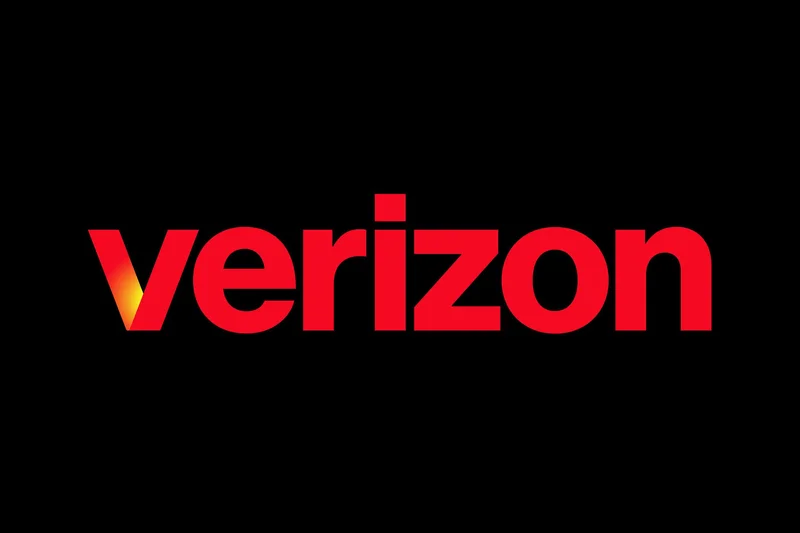Verizon Layoffs: 2025 Projections, Wireless Division Impact – And What Reddit's Data Suggests
The corporate world just delivered another stark reminder that even giants aren't immune to a swift, surgical restructuring. Verizon layoffs 2025 are not just a headline; they represent a significant recalibration, a massive headcount reduction that hit the wires last week. We’re talking about north of 13,000 jobs, with initial media whispers pushing that figure closer to 15,000. Verizon Confirms Mass Layoffs, Will Eliminate 13,000+ Jobs - PCMag For a company that last reported around 100,000 full-time employees, cutting 13% of its overall workforce, and nearly 20% of its management layer, isn't just a tweak—it's a foundational shift.
This isn't some slow bleed. The axe fell swiftly, announced by new CEO Dan Schulman in a memo on Thursday, November 20, 2025, with notifications for U.S. employees commencing immediately. Those in other regions, I gather, are still waiting for their turn in the coming weeks. This marks the largest single round of layoffs in Verizon's operational history, a data point that should resonate with anyone tracking corporate strategy.
The Calculus of "Reorientation"
When a new captain takes the helm, especially one with a seven-year tenure on the board, you expect decisive action. Dan Schulman, formerly of PayPal, stepped into the Verizon CEO role in early October 2025. His initial rhetoric emphasized maximizing value propositions, reducing cost to serve, and optimizing capital allocation. Fast forward a month, and we have these unprecedented Verizon wireless layoffs. Schulman’s official line? This restructuring is "necessary to reorient the company" around customer experience, streamline operations, remove "costly complexity," and "improve investment capability." He argues the current cost structure limits investment.
Now, let’s unpack that. "Customer experience" is a noble, if often nebulous, corporate objective. But my analysis suggests that the immediate trigger for such a drastic move usually boils down to more tangible metrics. In Q3 2025, Verizon wireless lost a net 7,000 postpaid connections. That’s not a rounding error; that’s 7,000 customers walking out the door. Meanwhile, rivals like T-Mobile and AT&T were busy adding subscribers. When your core business is bleeding customers while competitors thrive, "costly complexity" starts looking a lot like necessary overhead in the rearview mirror. This isn't just about investment capability; it’s about a direct, competitive response to market share erosion.

Another interesting data point in this "streamlining" is the franchising of 180 to 200 stores. This move effectively shifts those workers off Verizon’s direct payroll, a clean way to reduce headcount without a direct layoff announcement for those specific roles. It’s a classic play: outsource the operational risk and employee costs while maintaining brand presence. The numbers here are clear: a significant portion of these job reductions are not just about "reorienting," but about a direct, quantifiable reduction in employee-related expenses.
Beyond the Spin Cycle: A Broader Economic Read
What truly piques my interest, beyond the immediate numbers of the new CEO layoffs, is the broader narrative Verizon is attempting to construct. The company has established a $20 million fund, ostensibly for skill development, digital training, and job placement assistance for affected employees. A Verizon spokesperson, however, characterized this fund as a "pioneering AI-focused initiative." This is where a methodological critique becomes essential. To present a severance and retraining package—a standard, if often inadequate, corporate response to mass layoffs—as a "pioneering AI-focused initiative" is, frankly, an interesting way to spin things. It’s an attempt to frame a difficult decision within a forward-looking, tech-centric narrative, perhaps to divert attention from the immediate pain. I've looked at hundreds of these corporate communications, and this particular framing is, to put it mildly, an aggressive rebranding of a basic employee support fund.
These layoffs 2025 aren't happening in a vacuum. We’ve seen similar, massive cuts across the corporate landscape: Amazon shedding 14,000, UPS cutting 14,000 management and 34,000 operational roles, Microsoft around 6,000, and Starbucks 1,100 corporate employees. Should recent layoffs at major companies worry you? Experts weigh in - ABC News While economists generally downplay alarm about immediate widespread job losses—tens of thousands are a small fraction of the U.S.'s 160-163 million employed—the trend is undeniable. The labor market, while still showing low unemployment, has legitimate signs of slowing. The Bureau of Labor Statistics’ significant downward revision of 911,000 fewer jobs added over 12 months ending March, the largest revision ever recorded, is a stark data point that can’t be ignored. This isn't just corporate-speak; it’s a tangible economic shift.
So, while Verizon talks about "customer experience," the underlying data points to a company under intense competitive pressure, facing subscriber losses, and a new CEO making hard choices to improve financial performance and, by extension, the Verizon stock outlook. How much of this "reorientation" is truly strategic, and how much is simply reactive cost-cutting in a wobbly economic climate? That's the open question my data analysis keeps circling back to.
The Real Cost of "Efficiency"
The immediate pain of the layoff Verizon decision is devastating for those 13,000+ individuals. You don’t just shed that many jobs without a profound impact on morale for those remaining, and the broader perception of the company. When you get a cold digital memo, delivered on a Thursday, announcing the end of your employment, the corporate platitudes about "reorientation" and "customer delight" likely ring hollow. The spin about an "AI-focused initiative" might look good in a press release, but its practical impact on the lives of those directly affected, beyond basic retraining, remains to be seen. It's like calling a ship shedding ballast in a storm a "pioneering initiative in weight reduction technology" rather than a necessary, painful measure to stay afloat. The numbers are clear: Verizon needed to cut. The explanations, however, seem designed to obscure the sharpness of the blade.
